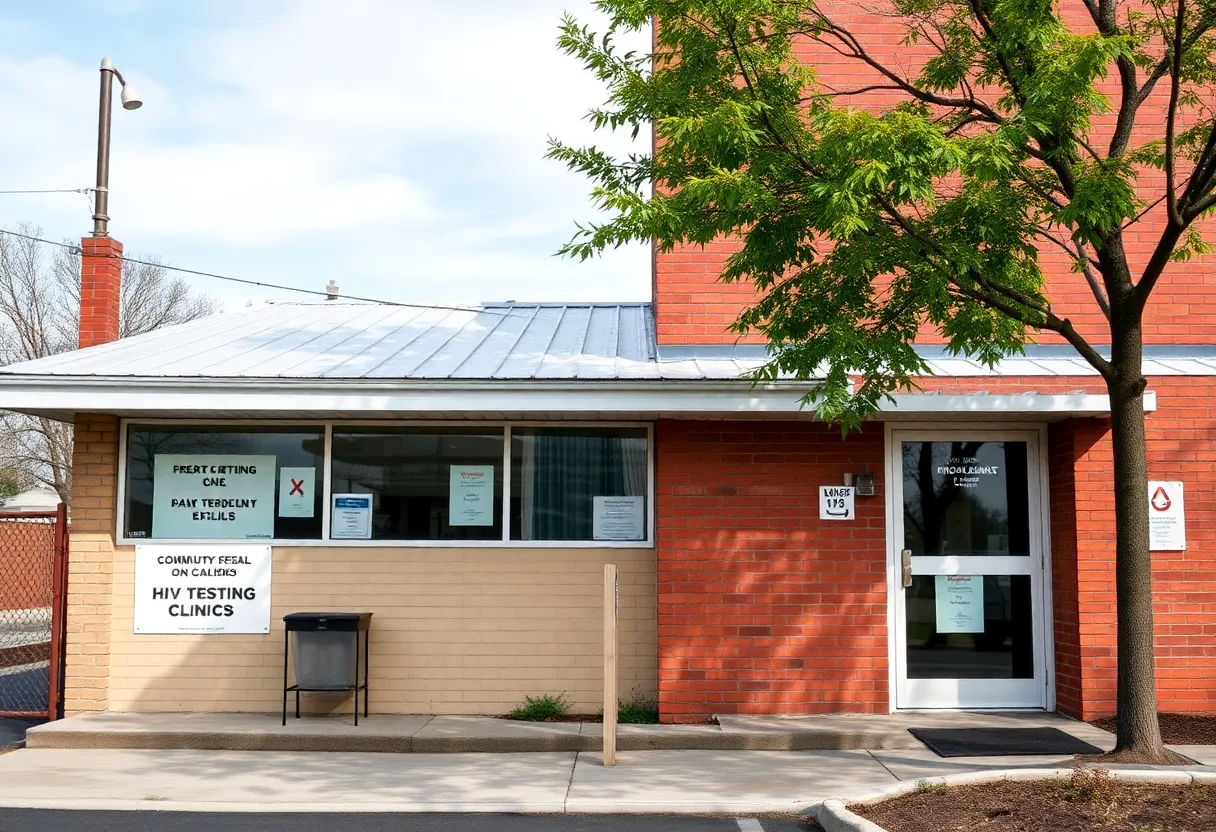

Community health services are vital for HIV prevention as proposed funding cuts loom.
Article Sponsored by:
Community Resource Consultants Inc. (CRCI) is a Michigan-based organization specializing in trauma rehabilitation medical case management. With over 34 years of experience, CRCI is dedicated to empowering survivors of catastrophic auto accidents to regain control of their lives and achieve both physical and emotional well-being. Their team of Licensed Master Social Workers (LMSWs) and Registered Nurses (RNs) are experts in navigating the complexities of today’s healthcare system, ensuring that survivors receive the necessary services for their recovery and rehabilitation. CRCI’s core values include advocacy, people, knowledge, and dependability, reflecting their commitment to being leading advocates and facilitators of long-term collaborative care.
The Trump administration has proposed a substantial $700 million cut to HIV prevention funding from the CDC, potentially jeopardizing many vital free clinics across America. Organizations like the Aliveness Project and the Indigenous Peoples Task Force could face dire consequences, affecting their ability to provide critical services such as testing and case management. As new HIV infection rates rise, health advocates are calling for a reconsideration of these proposed cuts, emphasizing their importance in preventing outbreaks and supporting affected communities.
A significant change may be on the horizon for HIV support services across America, as the Trump administration has put forth a proposal to cut $700 million in funding for HIV prevention issued by the Centers for Disease Control and Prevention (CDC). This potential cut threatens the very existence of many free clinics that provide essential services to those in need, including well-known organizations like the Aliveness Project and the Indigenous Peoples Task Force.
If these proposed cuts are implemented, hundreds of clinics and support organizations could find themselves facing dire circumstances. Clinics across the country have been a lifeline for individuals looking to get tested and educated about HIV, particularly those who may not know where to go for support. Many concerned individuals are emphasizing just how crucial these free testing options are, especially for those who might feel uncertain or scared about their HIV status.
Last year, two significant organizations within the state had to close their doors due—at least in part—to state funding reductions. The aftermath of these closures has led the Aliveness Project to step in and take over essential case management for many clients left without services.
For over 40 years, the Aliveness Project has been a pillar in the community, providing case management, food, housing support, free testing, and affordable medications for individuals living with HIV. Thanks to recent funding increases, including a $2 million grant from one city, the organization’s budget has more than doubled from the previous year. The Minnesota Department of Human Services, their primary funding source, has also stepped in to offer additional resources, enabling enhanced case management and benefits counseling.
The Aliveness Project currently relies on nearly $700,000 annually from the CDC for their HIV prevention work, which includes those vital free testing programs. However, health advocates are sounding the alarm that cuts from the CDC could spell disaster for these prevention programs.
The Indigenous Peoples Task Force is currently in the midst of a five-year contract with the CDC, receiving $441,000 each year for their focused HIV prevention efforts aimed at supporting Native American adults, particularly those who utilize intravenous drugs. Leaders within this organization have expressed deep concerns that funding cuts could jeopardize their hard-earned progress and increase the risk of potential outbreaks in their community.
Broader implications are also looming for cities if these funding cuts take effect. Essential services such as emergency management and affordable housing could also feel the strain, raising further alarms. There’s growing apprehension that these reductions could lead to a resurgence of previous HIV outbreaks, putting the health of the community at risk.
Ultimately, as the discussion continues regarding the proposed funding cuts, both local and national advocates are urging those in power to reconsider the implications these cuts will have on the landscape of HIV prevention efforts. The clock is ticking, and the outcomes of these budget proposals could set the course for future healthcare support in communities nationwide.
Article Sponsored by:
Community Resource Consultants Inc. (CRCI) is a Michigan-based organization specializing in trauma rehabilitation medical case management. With over 34 years of experience, CRCI is dedicated to empowering survivors of catastrophic auto accidents to regain control of their lives and achieve both physical and emotional well-being. Their team of Licensed Master Social Workers (LMSWs) and Registered Nurses (RNs) are experts in navigating the complexities of today’s healthcare system, ensuring that survivors receive the necessary services for their recovery and rehabilitation. CRCI’s core values include advocacy, people, knowledge, and dependability, reflecting their commitment to being leading advocates and facilitators of long-term collaborative care.
News Summary The Jewish Family Service of Atlantic and Cape May Counties is expanding its…
News Summary The SEOST Digital Marketing Conference is set for May 1st to May 4th,…
News Summary A recent study indicates a significant increase in trust towards generative AI among…
News Summary The social media landscape is transforming in 2025, with a growing emphasis on…
News Summary Social commerce is rapidly transforming online shopping, with predictions suggesting US retail sales…
News Summary Porsche AG announces key changes in leadership and strategy set to reshape its…